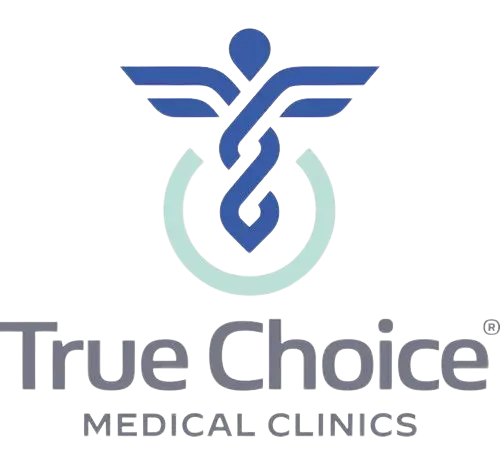Let’s talk about O-Pill: Why Choosing Convenience Over Effectiveness Might Not Be The Right Choice For You.
What Is the O-Pill?
The O-Pill is a contraceptive pill that contains Norgestrel, a progestin-only hormone. It functions by thickening cervical mucus, preventing sperm from reaching the egg, and inhibiting the release of eggs in some cycles.
Although available for 50 years, the FDA only approved this pill for over-the-counter sale in July 2023.
How Effective is the O-Pill?
The O-Pill is 98% effective at preventing pregnancy only when taken at the same time every day. It works by raising progestin levels for 24 hours, after which levels return to normal.
Dr. Renee Ward, Professor of Obstetrics, Gynecology, and Urology at the University of Virginia, reports that missing a dose or not taking the O-Pill at the specified time can reduce its effectiveness to 91%.
If a dose of the O-pill is not taken at the same time each day or missed, it becomes ineffective for 48 hours. The package insert recommends that a woman take a home pregnancy test if she has missed any doses of the O-pill and if her menstrual cycle is late.
What Precautions Should I Take When Considering the O-pill?
- The O-pill has to be taken at the same time every day. Delaying the pill for more than 3 hours can significantly reduce its efficacy.
- O-pill users may experience changes in their vaginal bleeding patterns, such as irregular spotting and prolonged bleeding. Other reported side effects include headaches, dizziness, nausea, increased appetite, abdominal pain, cramps, or bloating.
- The downside to over-the-counter medications is that they lack medical oversight and access to care in case of complications.
- The O-pill does not protect against sexually transmitted diseases such as HIV, chlamydia, genital herpes, genital warts, gonorrhea, hepatitis B and syphilis.
What Alternatives Provide a More Effective, Safer Choice for Birth Control?
At True Choice Medical Clinics, we understand that women are showing more dissatisfaction with the current birth control methods and their adverse side effects.
We understand that correcting hormonal imbalances can improve painful, heavy, or irregular periods and infertility, leading to better health and well-being for women.
TCMC offers Whole Body Health education programs that empower women to achieve hormonal health by charting their cycles and working closely with a medical professional, which can significantly improve their overall health.
To speak with a medical professional about Whole Body Health education, call 858-397-1970 to schedule a consultation.
Resources:
https://www.health.harvard.edu/blog/opill-is-this-new-birth-control-pill-right-for-you-202311082989




